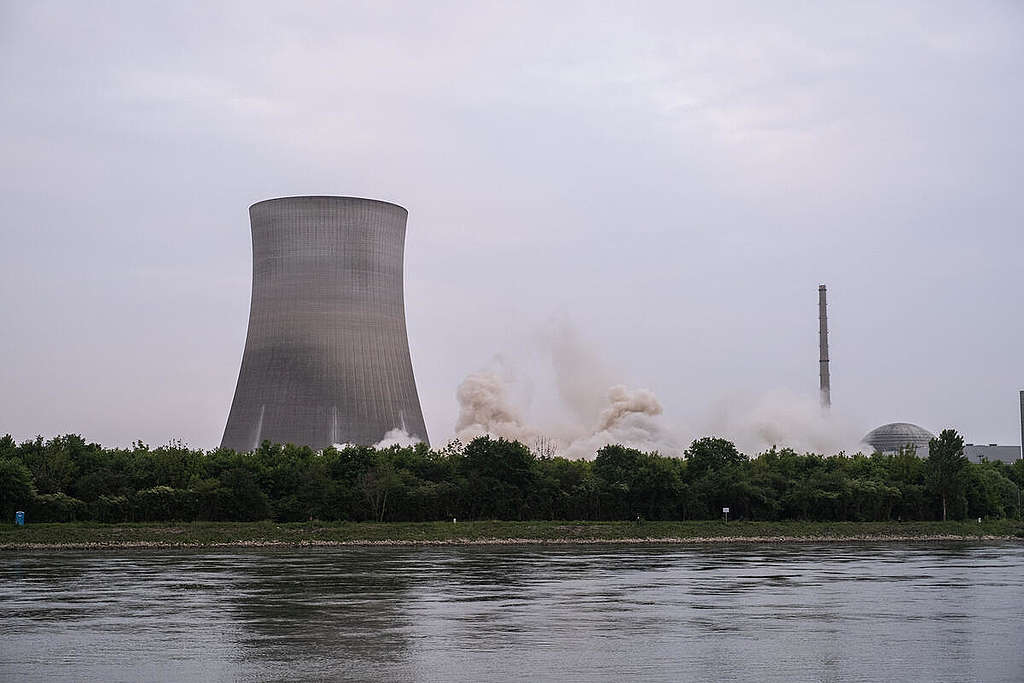London (Parliament Politics Magazine) – The United Kingdom is looking forward to improving its nuclear power in the coming years. The nuclear reactors have been approved on existing sites and this will be UK’s new energy strategy. The strategy aims to boost UK energy independence and will also be tackling the rising prices. This also includes plans to increase wind, hydrogen, and solar production. The experts in the UK have also stressed putting a bigger focus on energy efficiency and making improvements in home insulation.
Consumers Are Facing Soaring Energy Bills Due To Russian Invasion
Consumers are facing soaring energy bills because the Russian invasion of Ukraine has pushed the prices even higher. The United Kingdom government has set out some new plans related to nuclear power. Up to 95% of the UK’s electricity will be coming from low-carbon sources by 2030.
It outlines, that the hope of producing up to 50 gigawatts (GW) of energy will be made possible in the coming years. Most of the energy will be produced from offshore wind farms. The Department for Business, Energy, and Industrial Strategy (Beis) will be securing more power for every home in the UK.
Construction Of Onshore Wind Turbines Are The Reason Behind Few Nuclear Power Stations
The government’s energy strategy because the ongoing construction of wind turbines has led to reduced nuclear power stations in the UK. Environmentalists and many energy experts have been under a lot of disbelief due to this move of the government. According to them, the government must have taken some action to improve the condition of the nuclear power stations.
They cannot believe the government has come up with no new policies on saving energy as they could have done so by insulating buildings. They say energy efficiency could result in lower bills and emissions, and this could be the cheapest way to improve energy security. This strategy could have been seen as the new energy supply strategy.
Campaigners are also getting furious at the government officials as they had committed to seeking more oil and gas in the North Sea. Humans have found enough fossil fuels to wreck the climate. The government has promised that more energy would be generated from the wind offshore as this could help with the speedier recovery of energy. The same boost could not be the result of the construction of the onshore wind.
Read More: What areas of the UK leads the world (Is It Still Super Power?)
UK’s Decision To Boost Nuclear Power
The decision to boost nuclear has received a mixed reaction. Some environmentalists think that it might be too dangerous to take this move. dear and too dangerous. They ridicule the idea but on the other hand, some experts believe that nuclear must be part of the energy mix
The new strategy says that the UK will “lead the world once again” in nuclear power, and describes it as the “decades of underinvestment”. The government announced that a new body with the name Great British Nuclear will be launched and will boost the UK’s nuclear capacity.
By 2050 the nuclear energy in the UK will be up to 24 GW. More electricity will also come out of this source. More than 25% of the projected electricity demand has urged the government to take a move.
The government hopes to approve many energy-saving projects by 2030. Wylfa in Anglesey and Oldbury in South Gloucestershire are named as the candidates that will be hosting either large-scale plants, smaller modular nuclear reactors, or both of them. The rise in electricity bills is a serious concern for the people living in the UK. New strategies must be made to combat this crisis.
“The ambition and determination to do much more and quicker are very welcome,” said the CEO of Wylfa in Anglesey and Oldbury.
Mr. Johnson shared that: “tackling the mistakes of the past and making sure that we are set well for the future”. Citing policies including a £6bn energy efficiency fund and support for heat pumps, he said the government was “already doing a huge amount to help people with the immediate cost of living, and of course, we are going to do more”.
But Labour leader Sir Keir Starmer criticized that the strategy is too little and too late. It might not help people with the rising costs of electricity.
“All we’ve got today is a cobbled-together list of things that could and should have been done over the last 10 to 12 years and it doesn’t even tackle really important things like insulating homes, which could save £400 on everybody’s bill,” he said.

